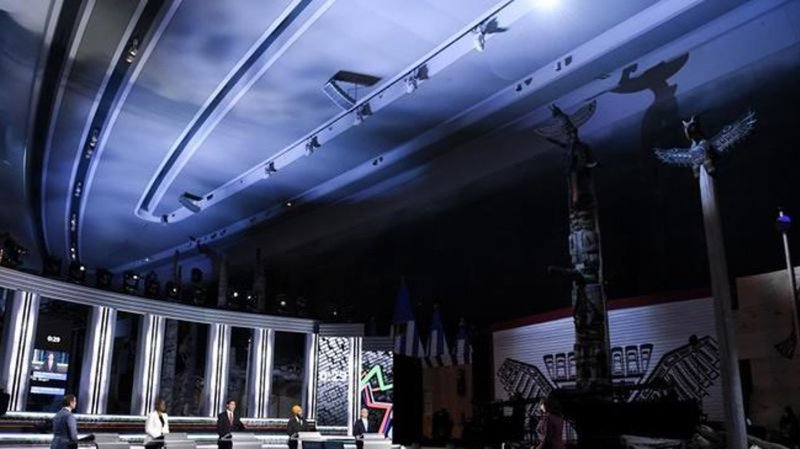
Truth Test: Debate claims on climate change, RCMP reform, Afghanistan under scrutiny
OTTAWA — The Truth Test is a project of The Canadian Press that examines the accuracy of statements made by politicians. Each claim is researched and analyzed to provide Canadians with facts instead of spin.
The leaders of five federal political parties shared a stage at the Canadian Museum of History in Gatineau, Que., on Thursday night for the second of the two official televised leaders’ debates.
The Canadian Press examined statements by the party leaders who took part in the English-language debate to put them into context and add the details Canadians need to better understand the claims.
Erin O’Toole, Conservative Party of Canada


